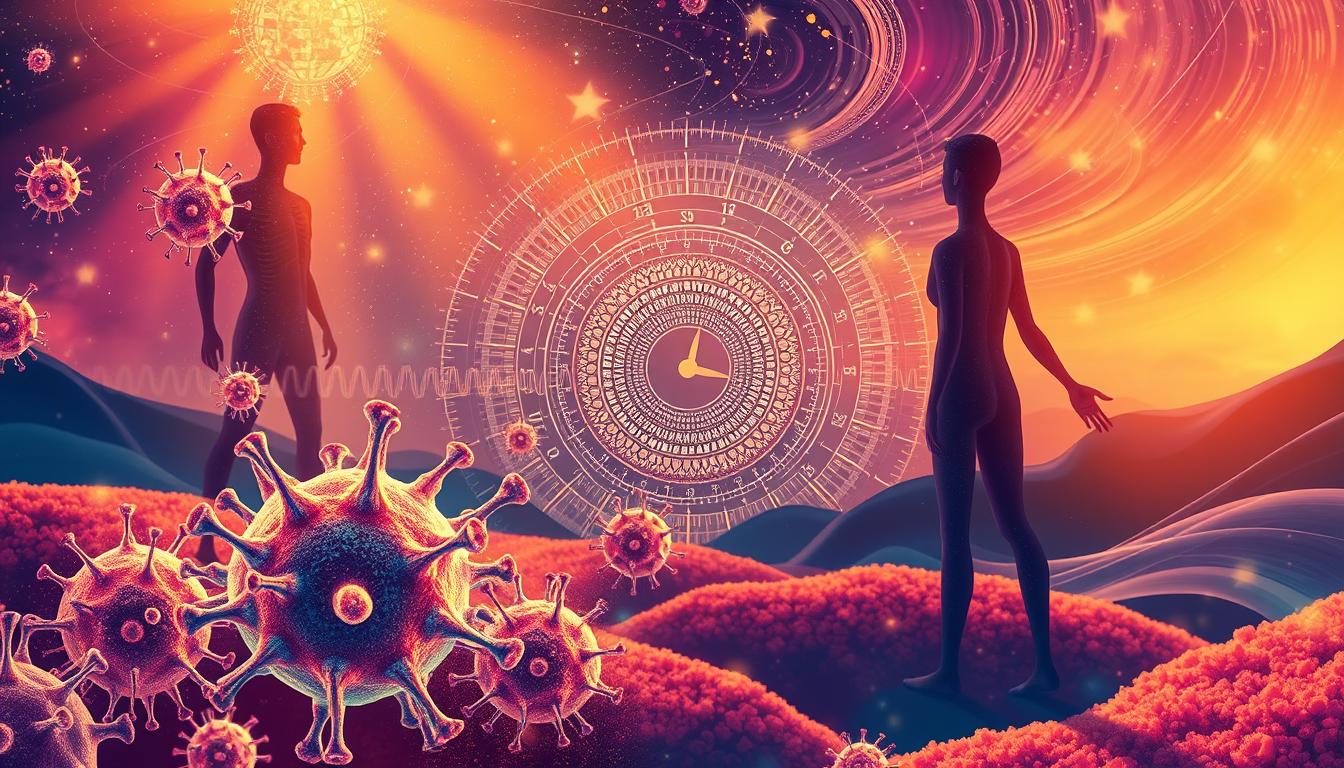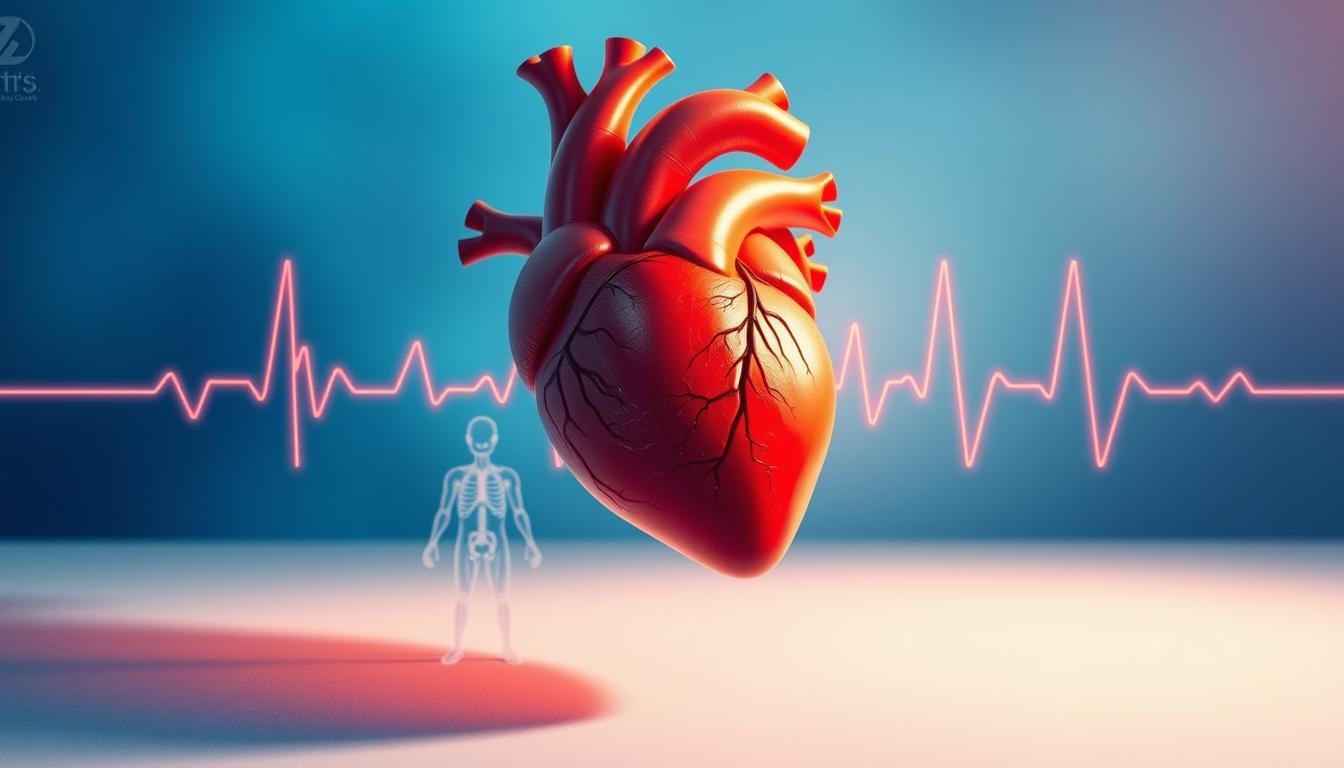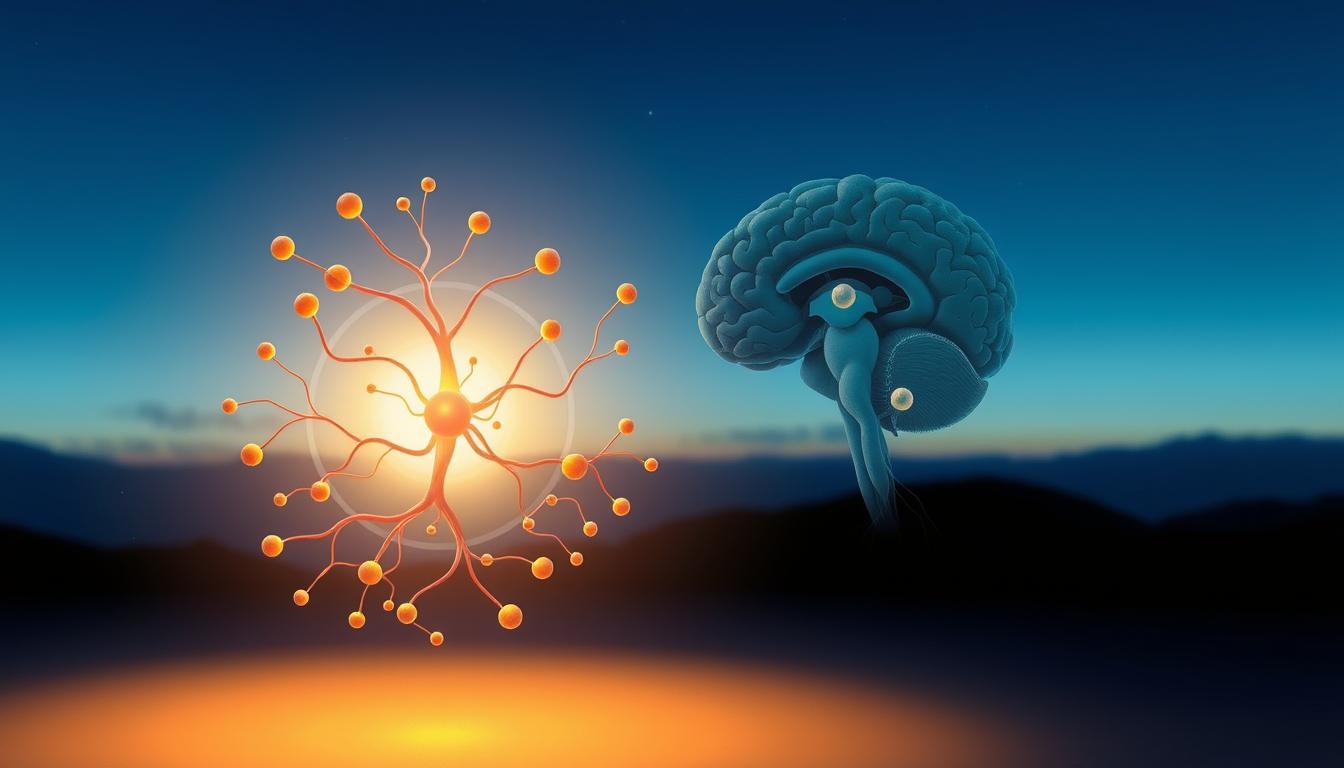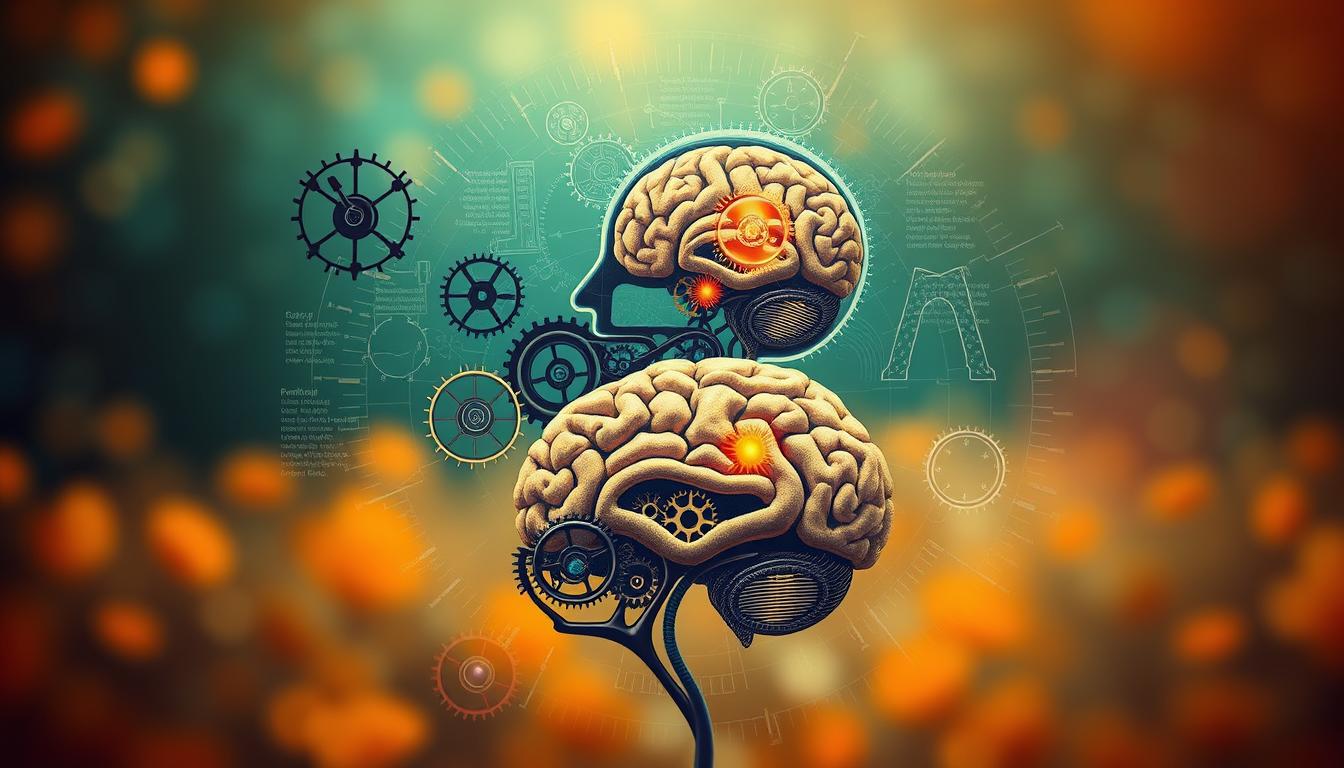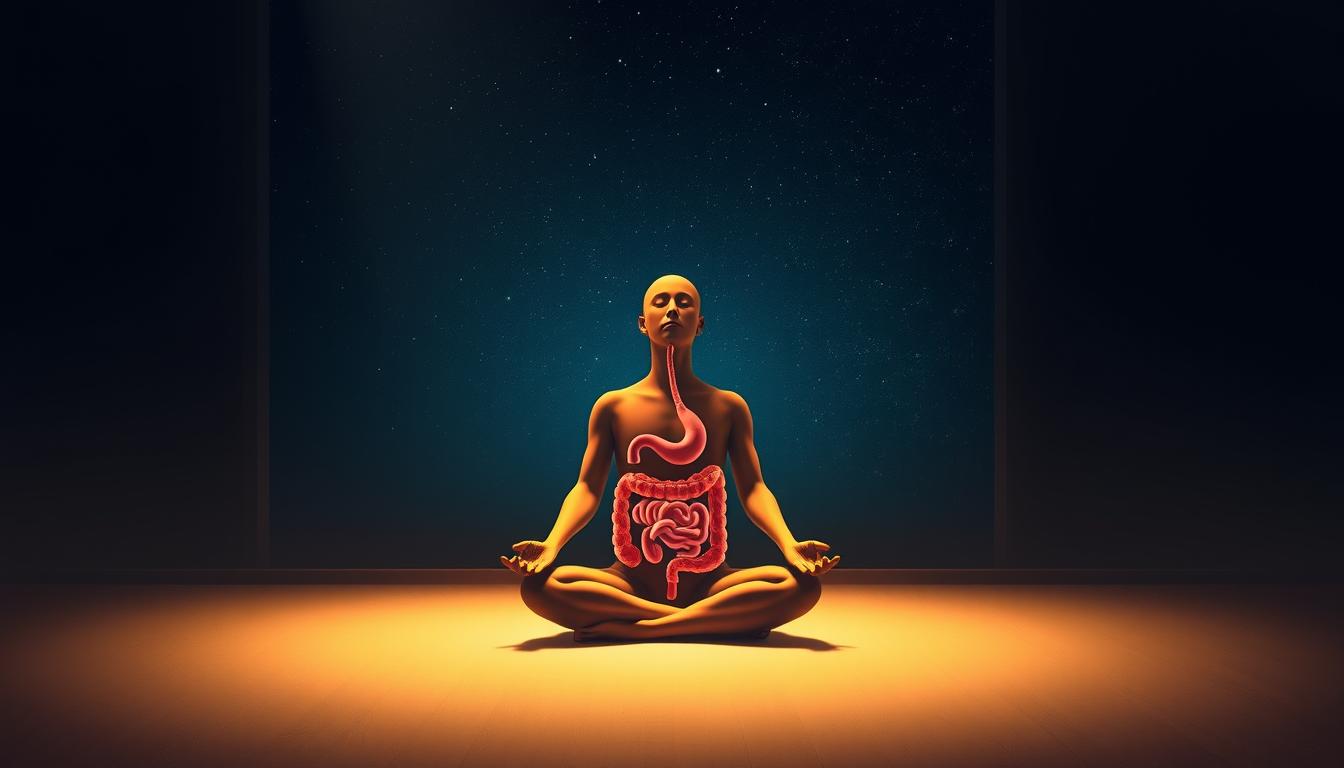How Your Immune System and Circadian Cycle Work Together
Your body is like a symphony, with two main players. Your immune system fights threats all day. Your circadian rhythms keep everything in sync. These systems talk to each other all the time. They share info on when to defend and when to heal. Knowing how they work together is crucial. Bad sleep affects your … Read more

